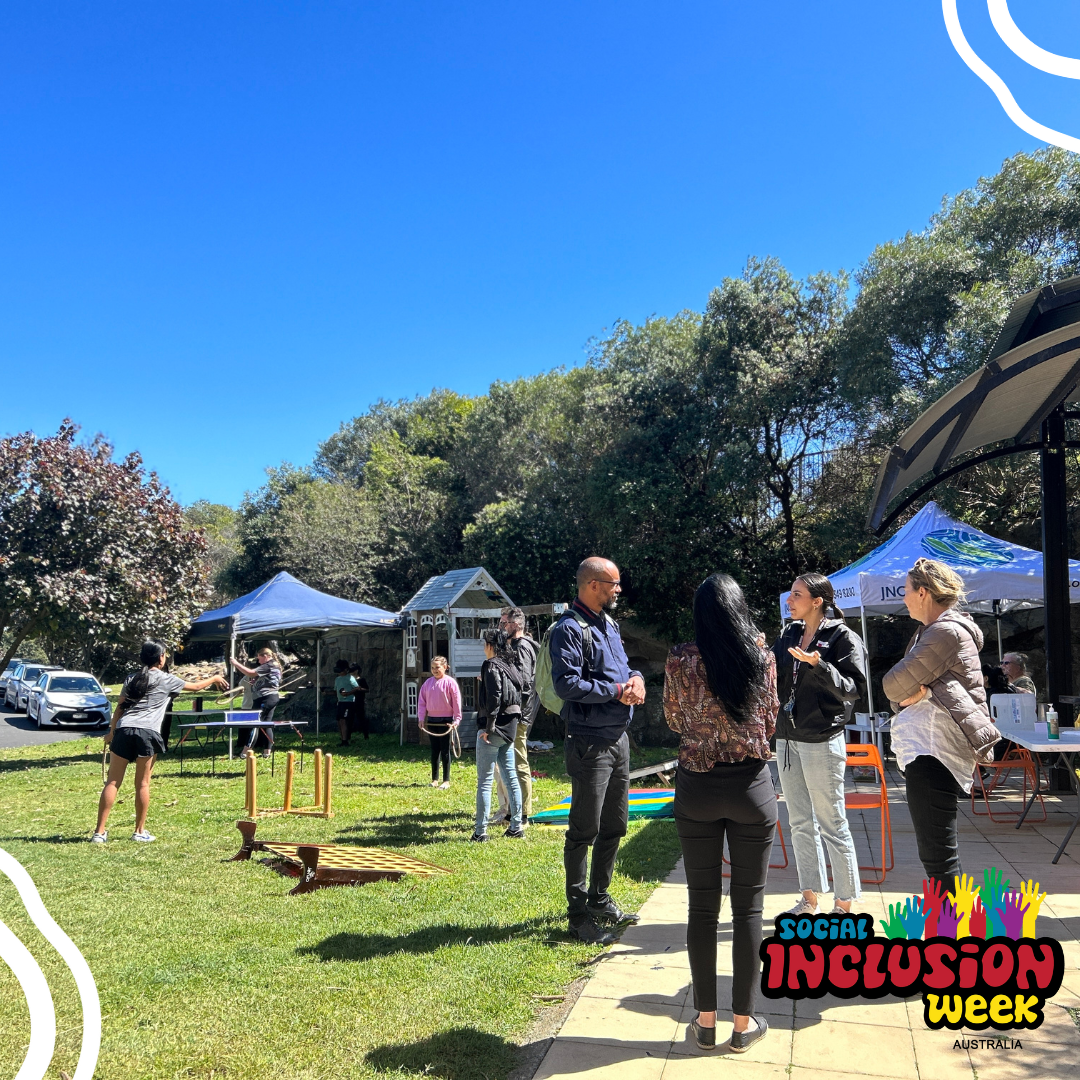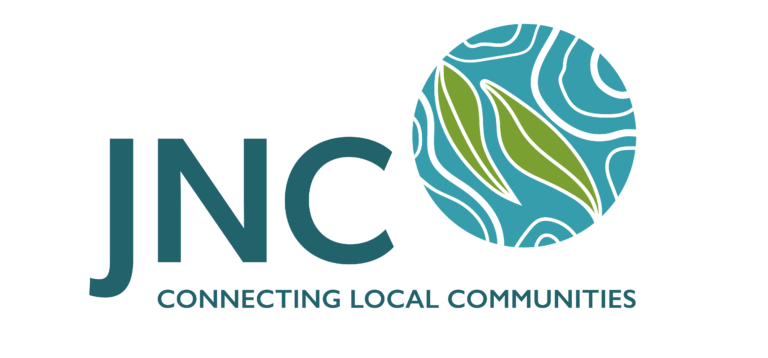Social Inclusion Week 2023

What is Social Inclusion?
A socially inclusive society is defined as one where all people feel valued, their differences are respected, and their basic needs are met so they can live in dignity.
The Australian Social Inclusion Board Defines Social Inclusion as having the resources, opportunities, and capabilities to:
- Learn (participate in education and training).
- Work (participate in employment, unpaid or voluntary work including family and carer responsibilities).
- Engage (connect with people, use local services, and participate in local, cultural, civic, and recreational activities).
- Have a voice (influence decisions that affect them).
What is the impact of social isolation?
Social interactions play an important role in health. A lack of social connections can increase the risk of death by at least 50%.
According to the Inner Sydney Voice, limited social networks impact health through three pathways.
- Behavioural: Socially isolated people are more likely to be at nutritional risk and more likely to engage in risk taking behaviour, such as heavy drinking.
- Psychological: Socially isolated people are at increased risk of cognitive decline due to lack of social connections. Similarly, people who are experiencing mental distress are at greater risk of social isolation due to difficulty in everyday functioning. Social Support programs which target socially isolated older people are far more effective in the person’s physical health and mental needs are addressed too.
- Physiological: There is evidence demonstrating negative health outcomes and increased risk factors for socially isolated older people. This includes:
- Greater risk of depression and anxiety for older people with multiple chronic health conditions.
- Increased number of falls.
- Increased risk for all-cause mortality.
- More likely to have dementia, coronary heart disease or stroke.
- Increased risk for re-hospitalisation (4-5 times more likely).
- Social isolation as predictor of institutionalisation.
What can you do in #SIW23
Social Inclusion Week is a great time to help build caring and inclusive communities, but it can be tricky to know where to start. We’ve shared some ideas below:
- Checking out events in the area.
- Talking to neighbour.
- Reaching out to those around you.
- Making contact with your local community centre.
Remember that reaching out to those around you is one of the simplest things we can do to build caring and inclusive communities.





0 Comments